From the reality of many recent false advertising cases, many delegates are concerned about the rights and obligations of those who convey advertising products.
Delegate Pham Van Hoa ( Dong Thap ) proposed to clearly define the responsibilities of the advertising entity. The obligations of the advertiser also need to be specifically defined, advertising must be accurate and truthful. Along with that, limiting offensive advertising images, which are not in accordance with good customs, is the responsibility of the advertiser.
“It is right to remove the regulation on the obligation to directly use the product when advertising cosmetics, health foods, and dietary supplements on social networks, but the obligations of advertisers must be clear. I also agree with increasing administrative penalties for advertisers, especially famous people, because the public believes in them, so they must be more responsible,” said Deputy Hoa.
Delegate Trinh Xuan An ( Dong Nai ). Photo: VIET CHUNG
Delegate Trinh Xuan An (Dong Nai) suggested that only people with relevant expertise in the product can advertise, to avoid the situation where beauty queens, actors, and even people with a large number of followers online also participate in advertising; it is necessary to tighten regulations for this group, from which their obligations will be clearer.
Delegate Tran Khanh Thu ( Thai Binh ) proposed to supplement regulations on control and management of advertising activities for all online television platforms, news sites, and electronic information sites; to have strict sanctions against electronic news sites that post false advertisements, advertisements that do not match the uses and content of the product, and celebrities who advertise products that are not true, leading to damage to consumers, so that the management and control of advertising content and activities are strict.
At the same time, add regulations requiring news sites to be responsible for censoring advertisements before posting content, instead of relying solely on the current automated advertising system.
Delegate Tran Khanh Thu (Thai Binh). Photo: VIET CHUNG
On the other hand, according to the delegate, through the recent cases of fake milk and fake functional foods discovered, it shows that these companies all have documents for inspection, testing, and product declaration. But in reality, the products produced through investigation and inspection by the police agency were determined to be fake.
“So, is it really feasible to require advertisers, especially singers, artists, actors, and KOLs, to be responsible for checking documents related to products and goods? How will we notify the recipients of the advertisement in advance about the advertising activities? Should we write on FB, post on TikTok, Youtube saying that we are preparing to advertise for this brand, that product, and invite people to prepare to follow?”, the delegate asked.
From there, Deputy Khanh Thu suggested that these contents should be revised and supplemented to ensure greater feasibility. Regarding the compensation mechanism for false advertising activities of advertising carriers, especially famous people, it is also necessary to stipulate more clearly in the law, possibly adding their obligations, to be jointly responsible for compensation for their false advertising actions.
Deputy Khanh Thu cited experience in some countries, including the United States, requiring celebrities to clearly disclose their financial relationship with the brand when advertising products; advertising must be honest, not misleading about the effectiveness or features of the product.
South Korea also prohibits disguised advertising activities on social networks, which can result in a fine of up to 2% of advertising revenue or up to 500 million won (about 8.7 billion VND); prohibiting artists from being the face of alcohol brands to limit negative impacts on young people. The delegate said that these regulations aim to protect consumer rights and ensure honesty in advertising activities.
Celebrities need to strictly comply with legal regulations when participating in advertising to avoid legal consequences and damage to personal reputation. If celebrities have fully implemented reasonable assessment measures, based on documents and legal records provided by the business, they will not be considered as intentionally false advertising, but the business owner/producer will bear the main responsibility.
Delegate Nguyen Tran Phuong Tran (HCMC). Photo: VIET CHUNG
Also regarding advertising on digital platforms, Deputy Nguyen Tran Phuong Tran (HCMC) said that it is necessary to specifically regulate the process and responsibilities of relevant parties for online advertising business and services, and to be responsible for verifying the identity of advertisers.
Advertisers must provide a valid business license or legal documents. Advertising platforms are responsible for storing and providing information when requested by competent authorities. Online advertising platforms must have a mechanism to control and automatically report on advertisements appearing next to illegal content, thereby helping people distinguish between quality goods.
With cross-border platform advertising, some deputies said that it is necessary to stipulate that there must be a legal representative in Vietnam.
Chairman of the National Assembly's Committee on Culture and Society Nguyen Dac Vinh explained and clarified a number of issues raised by National Assembly deputies. Photo: VIET CHUNG
Chairman of the National Assembly's Committee on Culture and Society Nguyen Dac Vinh explained and accepted the opinions of the delegates, regarding online advertising, which was raised by the National Assembly delegates in both sessions. The viewpoint is to strictly handle violations to ensure deterrence, but the issue also arises of post-inspection work, which must be monitored more closely to ensure stricter law enforcement. There will be many developments in this area, the law only stipulates basic contents, the Government will have detailed regulations.
According to Mr. Vinh, we create conditions for advertising businesses, but advertising entities will also have to increase their responsibility.
Regarding outdoor advertising, from the opinion of Deputy Nguyen Tran Phuong Tran (HCMC), when the advertisement is damaged or degraded but the subject does not remove it, causing loss of aesthetics and affecting traffic, a deposit is needed to do this, Mr. Nguyen Dac Vinh said that he will accept and study this opinion.
PHAN THAO
Source: https://www.sggp.org.vn/nguoi-quang-cao-phai-chiu-trach-nhiem-lien-doi-boi-thuong-vi-quang-cao-sai-post794602.html


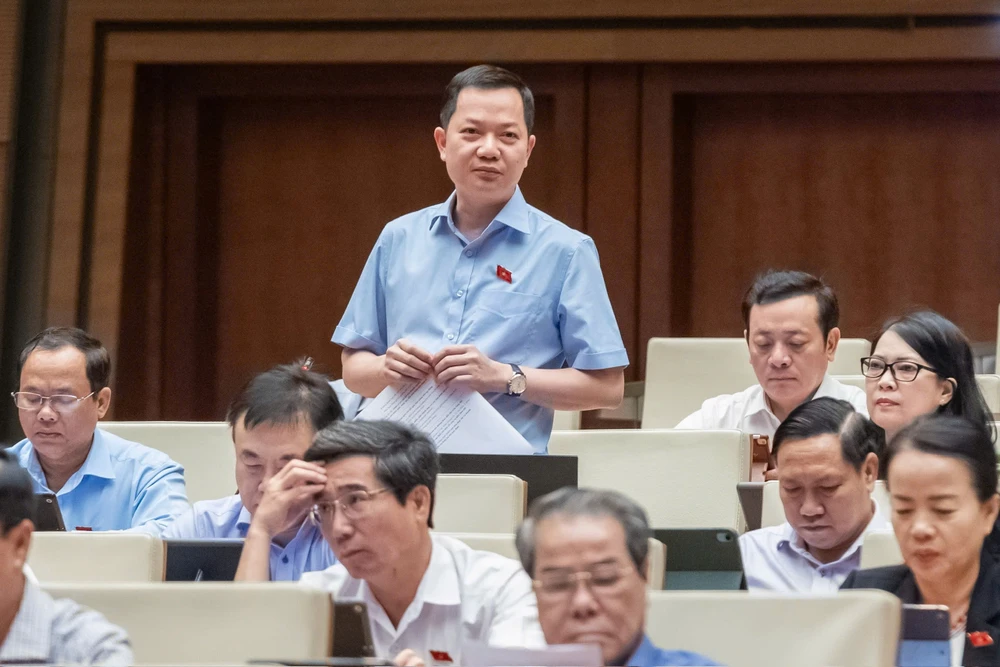
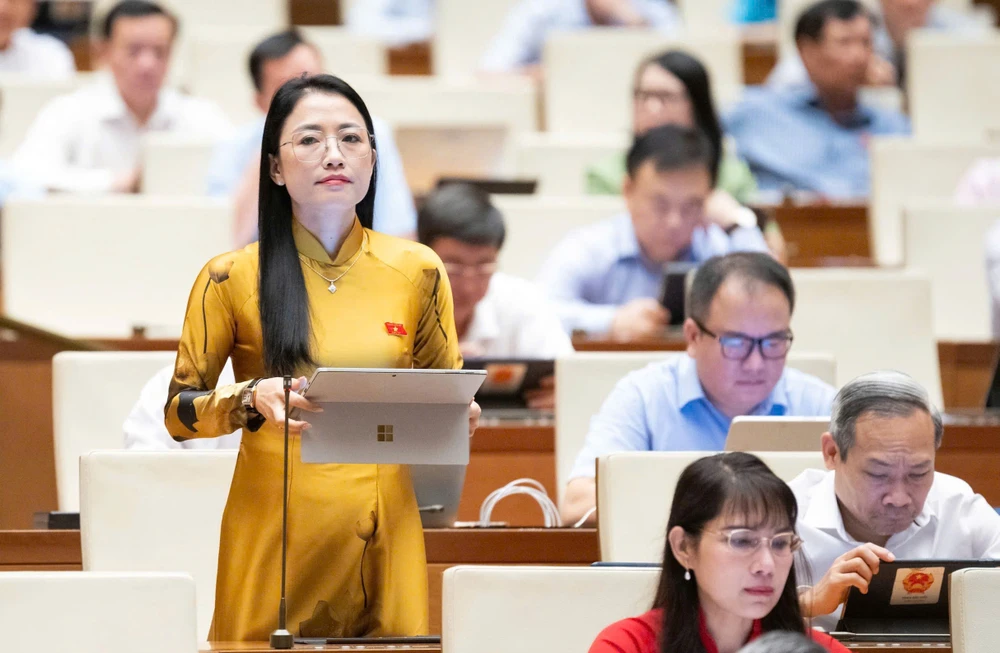
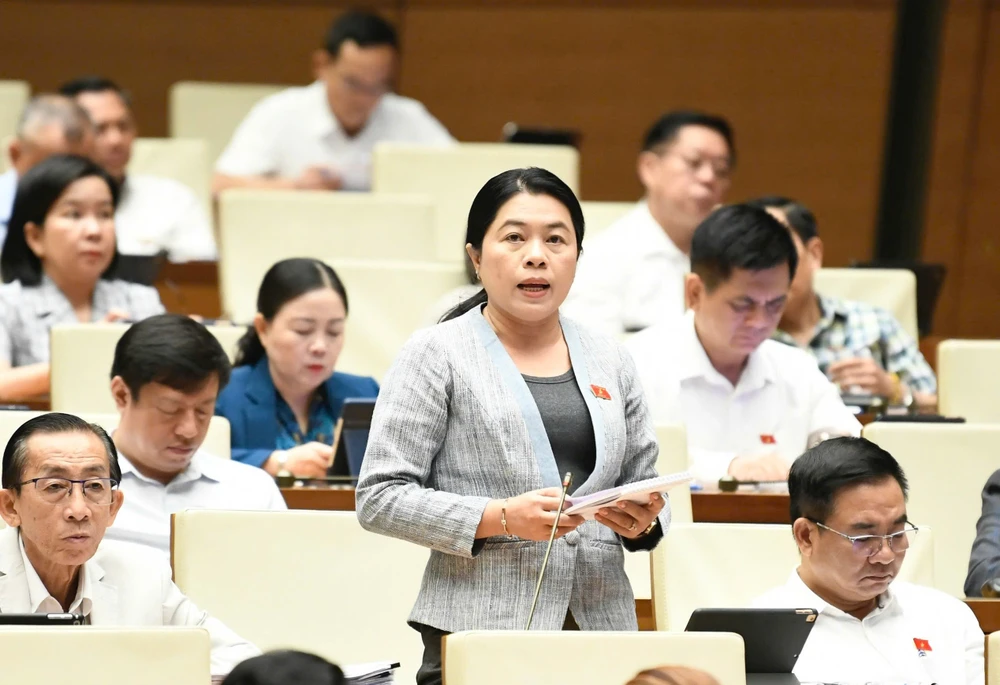
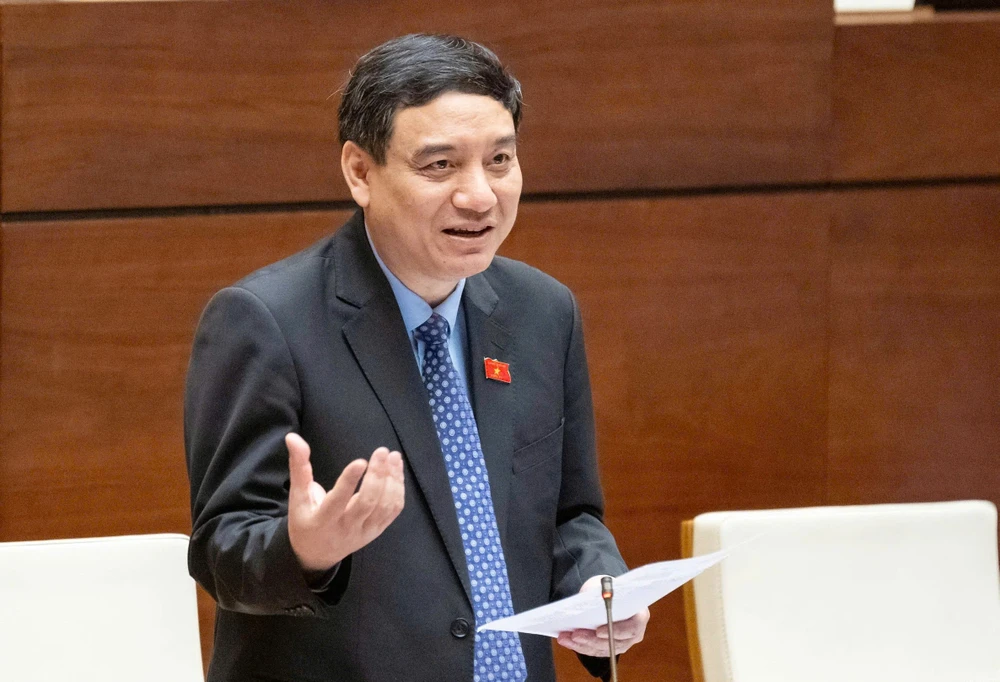

![[Photo] Vietnamese and Hungarian leaders attend the opening of the exhibition by photographer Bozoky Dezso](https://vphoto.vietnam.vn/thumb/1200x675/vietnam/resource/IMAGE/2025/5/29/94d8ceca5db14af3bf31285551ae4bb3)

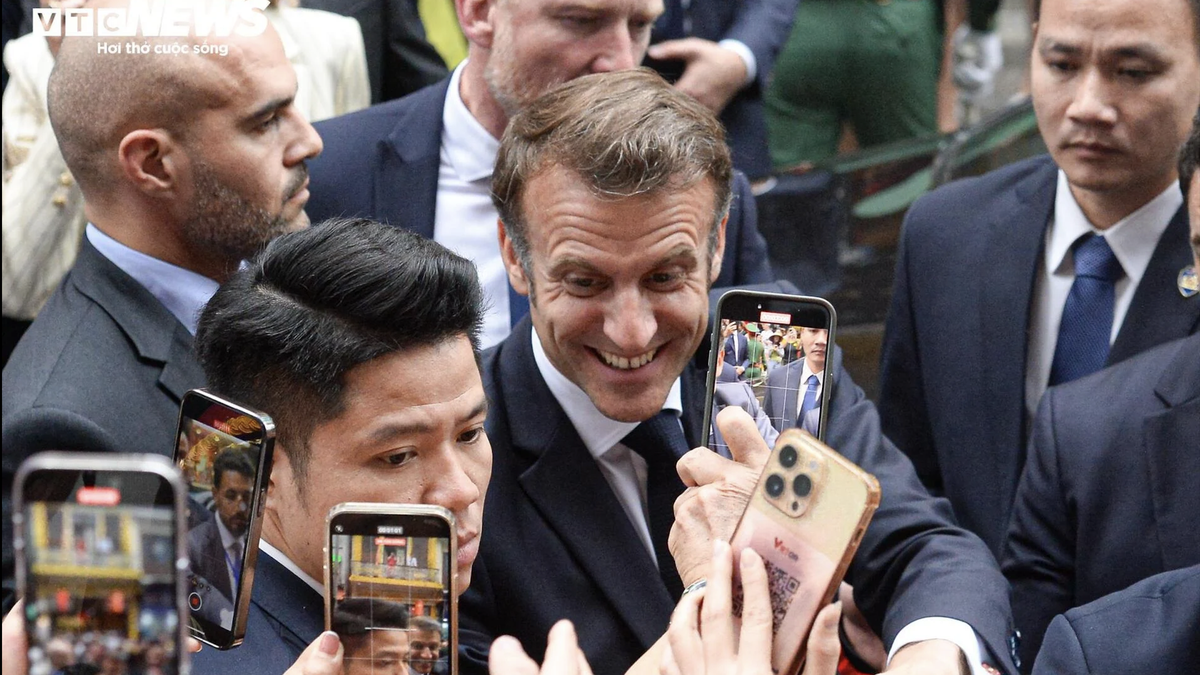
![[Photo] Prime Minister Pham Minh Chinh meets with Hungarian President Sulyok Tamas](https://vphoto.vietnam.vn/thumb/1200x675/vietnam/resource/IMAGE/2025/5/29/dbcaa73e92ea4448a03fe1d0de6d68e8)

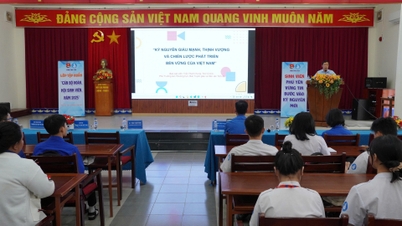


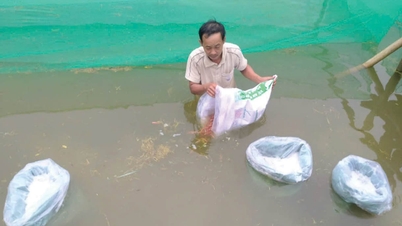

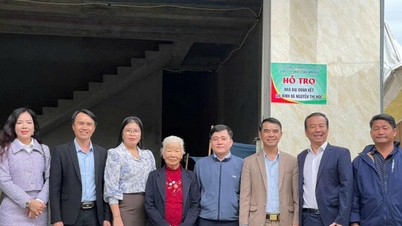



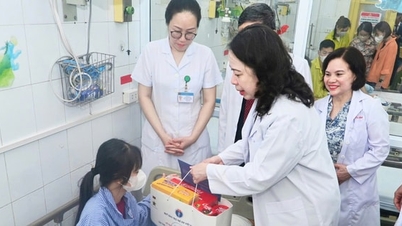






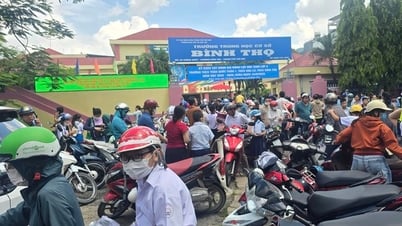


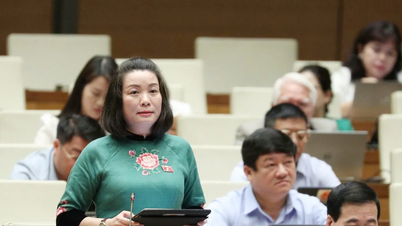
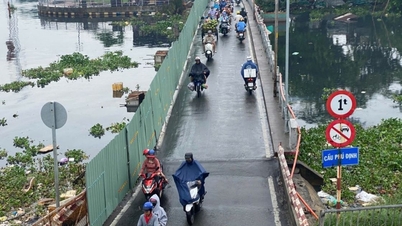
![[Photo] Prime Minister Pham Minh Chinh receives a bipartisan delegation of US House of Representatives](https://vphoto.vietnam.vn/thumb/1200x675/vietnam/resource/IMAGE/2025/5/28/468e61546b664d3f98dc75f6a3c2c880)


















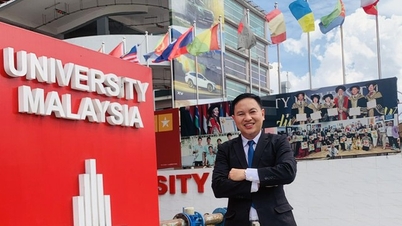















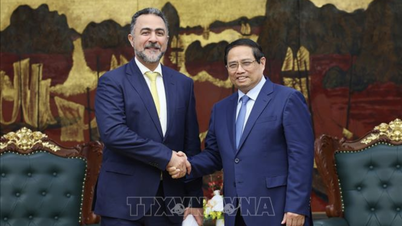


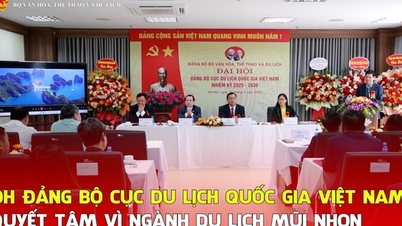

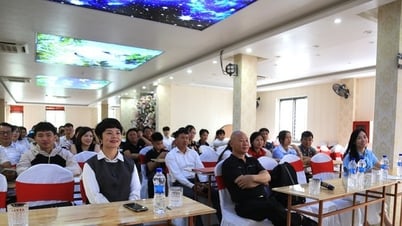



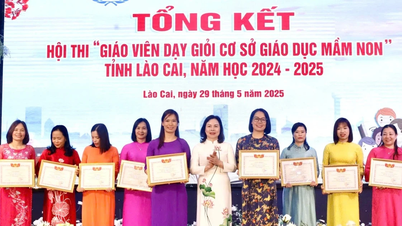




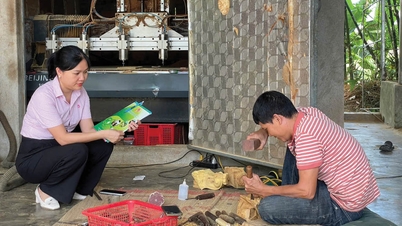












Comment (0)